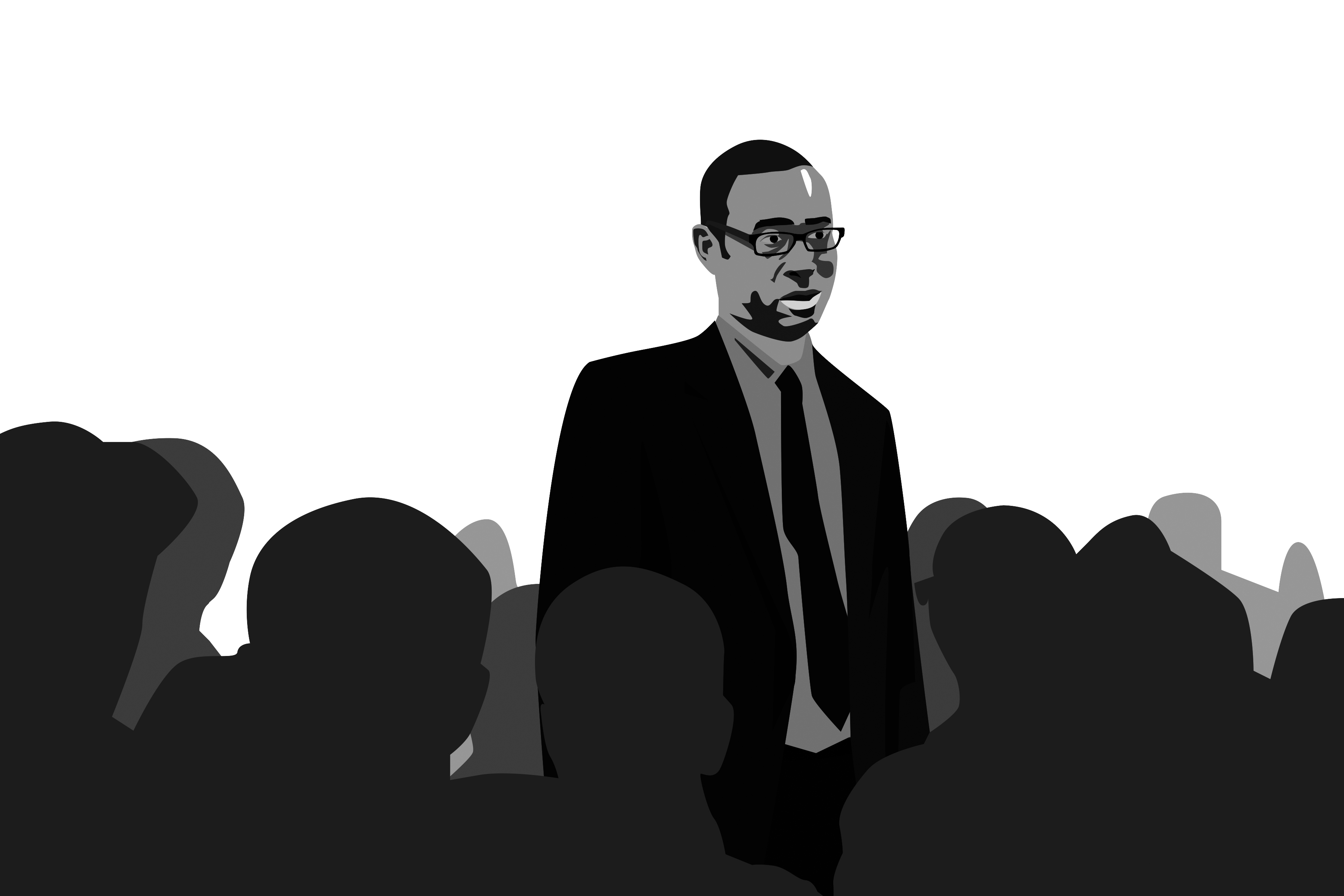
In the middle of Cross Campus on Thursday afternoon, something powerful happened.
Hundreds of students formed concentric circles around Yale College Dean Jonathan Holloway, and through a combination of moving rhetoric, choruses of snapping and the fighting back of tears, they spoke.
People of color recalled countless racial slurs they endured on campus. A tour guide expressed his discomfort promoting an institution where he and others continue to feel unprotected and unsupported. Another simply posed a question to Holloway: “Do you have our back?”
“It’s clear that what I’ve been trying to do quietly is just not enough,” Holloway told the students at the conclusion of the demonstration. “I want you to know that I will try my damnedest. And I really want you to know that I need your help.”
But, where one University leader stepped up, many others failed. One student asked: “Where are the white administrators? Why aren’t they here?”
We commend Holloway for his willingness to engage students with honesty and candor. He met three hours of student criticism with words of sincerity and poise, despite having no remarks prepared. It takes bravery to come alone and simply listen.
But in a week following two major racially charged controversies, it is unacceptable that the University has not issued a formal response. If there were ever a time for the University to come out as an ally for students who continue to feel as though they occupy a space not meant for them, it is now. When a swastika was drawn on Old Campus last year, it took the University less than 24 hours to condemn this act of hate. “There is no room for hate in this house,” Holloway wrote in a campus email at the time. The same truth applies today.
Irrespective of one’s view on Erika Christakis’ email or the events that occurred last Friday on the steps of SAE, it is evident our campus must do more for people of color — especially women. The student body remains divided, and too many feel like they do not belong. And it should not take students sobbing at the entrance of Sterling Memorial Library to make this clear.
At the Yale Daily News, we share in the responsibility to be educated on the problems that plague all members of our community. And we recognize that we have fallen short: We were too slow to report on the condition of Yale’s cultural houses last year, we have run stories and headlines that marginalized the voices of others and our recruitment and retention of diverse staffers needs to be better. These are just to name a few. It is our mission to be informed on the struggles many of us are fortunate enough not to face; it is our job to share the very real and valid stories that need to be told. Some students feel their voices are not welcomed in our paper. That is our fault. We have tried, but we must do better.
We as a campus have been given a chance to address the concerns of our fellow students. Our discussions of race relations have reached a critical mass and we as a community must now, more than ever, examine the underlying forces that have created these divisions at Yale. Whether implementing racial-sensitivity training for faculty and students or improving mental health services for students of color, it is imperative we listen to the suggestions of others and explore a wide range of initiatives to begin mending a broken campus.
We should also do everything in our power to have a constructive dialogue. Ad hominem attacks do not change minds or promote progress. We must understand that not everyone will always agree on such complex and emotional issues. But the prospect of disagreement is no excuse for silence.
“Please know I’ve heard everything you’ve said,” Holloway concluded before asking to be excused. “I’ll leave here changed.”
We must too.







